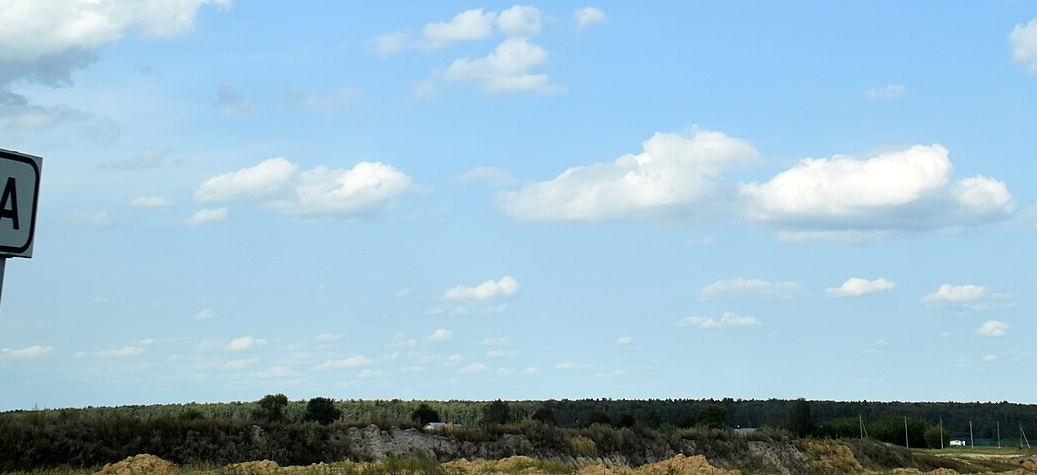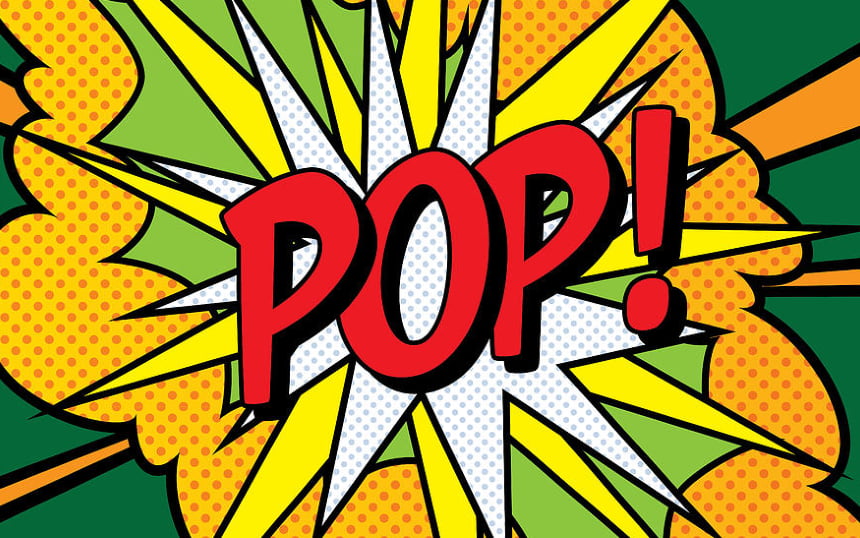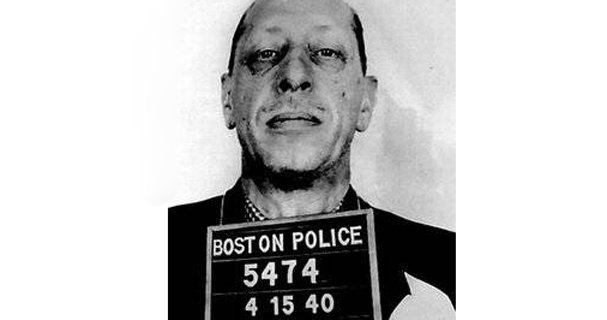Languages’ similarities should not rooted in a particular genetics for language. They observe from tradition and customary information-processing options and have their very own particular person evolutionary tales.
Daniel Everett, How Languages Started
Nothing nice might be expressed in Belarusian, it’s a poor language. There are solely two nice languages on the planet – Russian and English.
Aleksandr Lukashenka, President of Belarus
As a baby, a three-month keep in a village in Polesia turned me right into a Belarusian speaker. Again in Minsk, with its gladiolus spears, sandpaper-rough college uniforms and my classmates’ foul-mouthed newspeak, I did handle to shock buddies with my trasianka – a mix of Belarusian and Russian – for some time. However the Belarusian quickly slipped away, like sand by way of a sieve. It went again the place it got here from – into the earth. Russian at all times gained. Although, in reality, what sort of Russian was it in these Soviet days? A language of college primers, political slogans, songs about ‘friendship between peoples’, the Mom-Rodina and the Nice Patriotic Battle fought by our forefathers – all redolent of wishful pondering, enforced forgetting, cultural annihilation.
Away from the Polesian village, I’d sometimes hear Belarusian from my father. He would swap to his mother-tongue throughout alcoholic artistic phases, when he allowed himself to dream of changing into a author, slipping into mova within the firm of authors, whose autographs he proudly displayed in a fantastically maintained assortment. Mova would come stumbling into our condominium after midnight, as drunk because the household’s almost-writer, tripping over the doorstep, hurting itself towards the armrest within the hallway, as soon as, getting caught within the rest room, unable to determine tips on how to unlock the door.
Talking mova made my father really feel extra like a author, bearing fragments of unfinished debates, jokes, and tales in regards to the previous and way forward for the nation and its tradition. The hyperlink fashioned in early childhood between Belarusian and the artistic course of was so sturdy that even now, once I hear somebody communicate stunning excessive-Belarusian, I instinctively anticipate them handy me down a modest guide of poetry or a set of quick tales. Mova is all about aspiration and ambition – although I’ve heard frequent warnings towards complicated the 2.
My mom by no means appeared a lot affected by father’s inventive ambitions or his monologues. I can not keep in mind ever listening to her communicate Belarusian. Dad’s second spouse was additionally Russian-speaking. She was in reality, fairly merely, Russian together with her picturesque stacks of buttery blini, litres of tea, and a glass-fronted bookshelf displaying Russian classics of their spacious zal.
‘“Zal” is the seating space of a theatre, Olya. The right phrase is “bolshaya komnata” (the large room),’ she would say, correcting me in her didactic tone and reminding that – on the planet of Russian language and tradition – I used to be not native.
She handled Belarusian phrases like sweets from a dodgy, back-alley manufacturing facility. She would study the wrapper politely and would possibly even preserve one in her mouth for a second, however then she’d spit it out as one thing overseas. Although, in my father’s eyes, mova was the language of writers, his new Russian spouse by no means discovered a spot for it in her ‘large room’. Mova was permitted solely so far as the brink, the place it was left cooling its heels, ready for slippers that match – very very like me, incessantly launched because the ‘daughter from a primary marriage’ to cultured visitors over these Russian pancakes.
After visiting the world of ‘large rooms’, with its Volgas of tea and Hermitages of blini, I at all times longed to return to ‘the earth’. In my Polesie village, nobody cared what language you spoke. My grandmother may neither learn nor write – in her previous Soviet passport, a cross served as her signature. However what a very good listener she was!
And my mom? Her household was ‘multicultural’, as individuals would say these days. A few of her family got here from Tambov – one thing my father incessantly joked about, reminding everybody of the favored expression ‘a Tambov wolf is your comrade’ (a sarcastic means of rebuffing a false present of camaraderie), dropping hints about who was in cahoots with whom. One other a part of Mum’s household was initially from the ever-shifting border of Western Belarus. What language did her father communicate? I’ve no thought. Grandpa Stanislav was a gradual, previous man with the beery-sounding surname Kozel, that means ‘billy goat’, which my mom inherited as her maiden identify (a reality my father additionally preferred to mock). My grandfather was sick with most cancers by the point I met him, shuffling like an exhausted steam engine down the hallway of a tiny condominium in Stolbtsy, coughing, smoking, and coughing once more as he sank deeper into the interior horizon of a silent previous. It took me many years to find the terrifying particulars of his adolescence, so widespread to the darker facet of Soviet historical past.
His father, Ivan Frantsevich, was arrested on 23 August 1937, following an nameless denunciation (as I found after a protracted evening of analysis in my present place of exile, Berlin). Two months later, the 31-year-old man was executed in Slutsk jail. His card within the Memorial archives states that an nameless Stalinist troika discovered him responsible beneath Articles 72 and 74 of the Belarusian Soviet Socialist Republic’s Felony Code: ‘Agitation or propaganda containing calls to overthrow the federal government’. The decision was delivered in Russian, the language which my classmates and I’d use half a century later to sing songs about peace, friendship between peoples, the Motherland and the Nice Patriotic Battle fought by our forefathers.
It appears absurd {that a} father of 4 younger kids, with not more than a primary training, ought to have been charged with making ready a coup. However the Soviet administration functioned in accordance with a logic of its personal. Any suspicious biographical reality may price your freedom. Extraordinary as it might appear, 100 years earlier than I used to be born, Ivan had crossed the ocean on the British passenger liner Aquitania. He had additionally seen the image of freedom which Belarusians nonetheless dream about immediately: the Statue of Liberty. That alone was sufficient for his Motherland to view him as a spy when he returned dwelling.
Just a few days earlier than my great-grandfather’s execution, greater than 100 members of the Belarusian intelligentsia had shared the identical destiny. They had been swiftly buried within the Kurapaty forest close to Minsk and, to today, their our bodies stay there with out posthumous recognition, marking the start of the ethnocide of a complete tradition and language. Little by little mova disappeared from our faculties, newspapers, theaters and books, cementing the standing of a single language – Russian – for over two generations. Following the 2020 protests, which launched new waves of repression, lots of the nation’s final remaining Belarusian audio system left for Ukraine, Poland, Georgia or Germany. Those that stayed settled for survival ways used through the fascist occupation of the Nineteen Forties and went ‘underground’.
‘I wish to imagine that individuals won’t settle for colonization in silence,’ says a good friend who, till not too long ago, lived in Minsk. ‘Some individuals nonetheless communicate Belarusian each day. Sadly, I’m not one in every of them – however I attempt to say kali laska (please) and dziakuj (thanks) in outlets and banks. Full strangers usually give me heat smiles in response. To some this may occasionally appear trivial, even perhaps unusual. How are you going to presumably be afraid to talk your personal native tongue? But it surely’s necessary. It’s my resistance, my quiet, private contribution to the battle towards ongoing Russification.’
Does silence have its personal language, I ponder? And if it does, what’s it? Is it that of benumbed Russians, misplaced to resurrected, wood Soviet propaganda – ceaselessly younger, ceaselessly brave, ceaselessly profitable in changing the grim realities of Dostoevsky’s world with a cheery ‘paradiZe’? Or is it mova, lodged within the recollections of a rural childhood, that after so very practically made it within the metropolis, academia, world-wide, that spurred my father’s dream of changing into a author – earlier than the empire of ‘comrades’ tamed him, earlier than he stopped talking to me in any language in any respect, earlier than my grandmother (who may neither learn nor write, however knew tips on how to hear higher than all of us put collectively) handed away, earlier than Belarusians began getting arrested on the border as they returned from Europe for household funerals, earlier than books in mova had been declared extremist, earlier than we realized that historical past does repeat itself, as Karl Marx wrote, first as tragedy then as farce?




